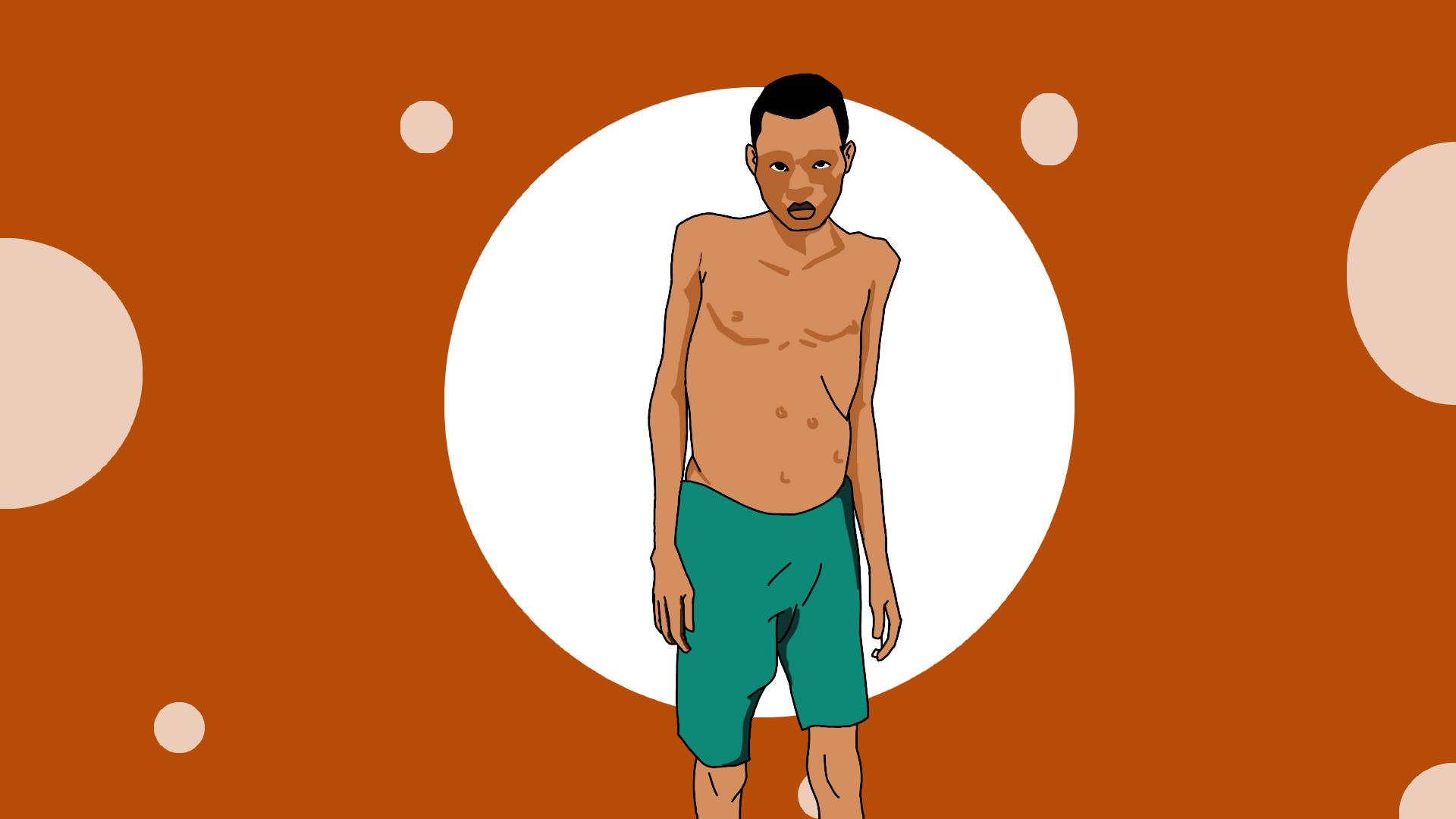🎧 Listen to: Leishmaniasis (s)

Leishmaniasis
What is leishmaniasis?
Leishmaniasis is a disease caused by a parasite that’s carried by sand flies. These flies are like the quiet cousins of mosquitoes—smaller, but still dangerous. When they bite you, they can pass the parasite into your body. It’s more common in places with warm, humid climates, and the flies are especially active during the night, so stay alert!
Who is at risk for leishmaniasis?
If you live in areas where sand flies are common, like parts of Africa, you’re more likely to come into contact with them. People in poor living conditions or with weakened immune systems (like those with HIV) are at higher risk. If you’ve been traveling around or living in areas where these flies are, keep an eye out for symptoms!
What are the symptoms of leishmaniasis?
- Skin leishmaniasis: You’ll notice painless ulcers or sores on your skin that can hang around for weeks or even months.
- Mucocutaneous leishmaniasis: This one can affect your mouth, nose, or lips, causing ulcers and difficulty breathing.
- Visceral leishmaniasis: The most serious form, affecting internal organs like the liver and spleen, and it can be fatal if not treated.
What is the treatment for leishmaniasis?
Don’t worry! There are medicines like amphotericin B that can treat leishmaniasis.
Catch it early, and you’ll be on your way to feeling better in no time.
